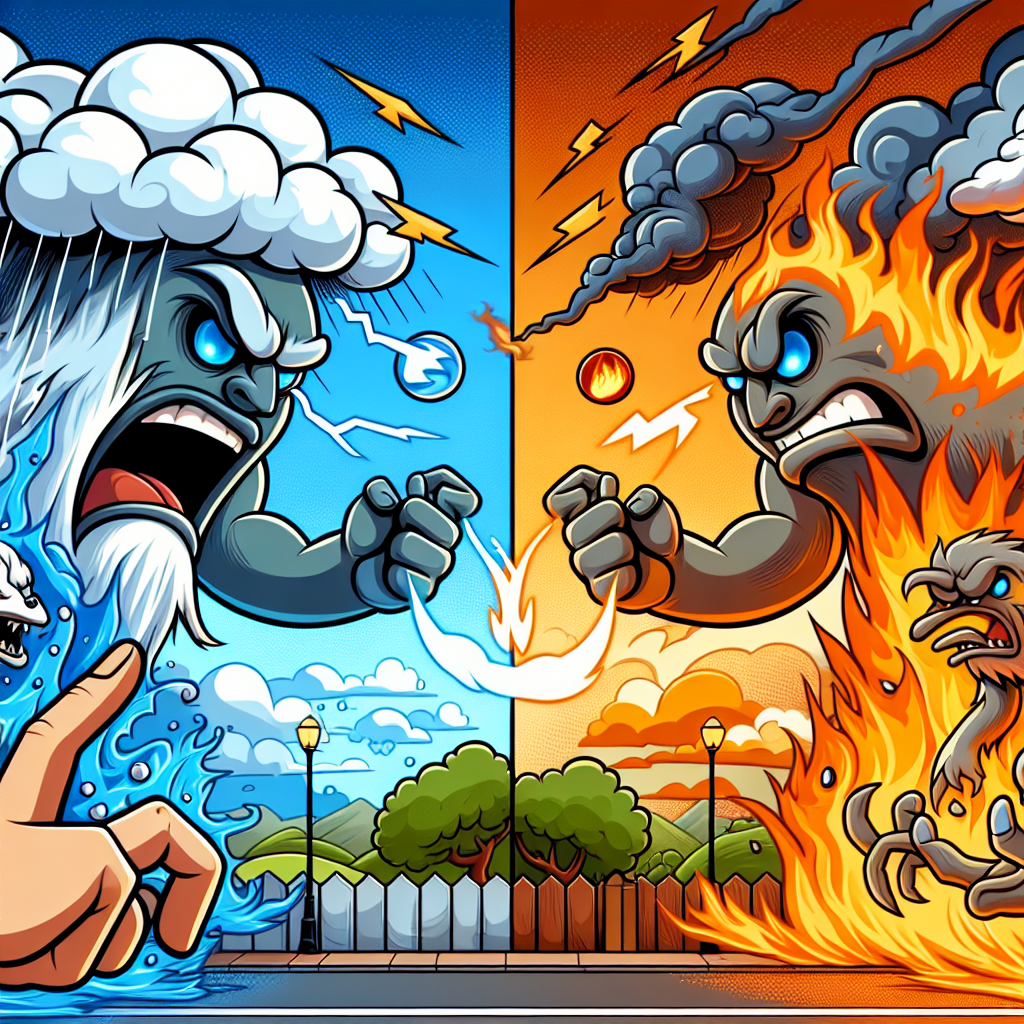Bangladesh in Turmoil: Deadly Clashes and Nationwide Curfew
Nearly 100 people, including 14 policemen, were killed and hundreds injured in clashes between protesters and ruling party supporters in Bangladesh, demanding Prime Minister Sheikh Hasina's resignation. Authorities enforced a nationwide curfew and cut mobile internet access. The unrest stems from opposition to the government's job quota system.

Nearly 100 people, including 14 policemen, were killed and hundreds injured on Sunday in fierce clashes between protesters demanding Prime Minister Sheikh Hasina's resignation and the ruling party supporters in different parts of Bangladesh. This unrest forced authorities to cut off mobile internet and enforce a nationwide curfew for an indefinite period.
The clashes erupted on Sunday morning during a non-cooperation program organized by Students Against Discrimination, demanding the government's resignation over a controversial job quota system. This event faced staunch opposition from Awami League, Chhatra League, and Jubo League activists.
According to Bengali-language newspaper Prothom Alo, at least 97 people have died due to clashes, shootings, and counter-chases across the country surrounding the non-cooperation program. Police headquarters reported that 14 policemen have been killed and over 300 injured nationwide, with significant violence concentrated in Sirajganj, Comilla, and several other cities.
The crisis intensified days after over 200 people were killed in violent clashes, primarily involving student protesters against the job quota system. The crackdown has led to more than 11,000 arrests.
Authorities deployed troops, paramilitary border guards BGB, and the elite Rapid Action Battalion alongside police to enforce the curfew. The government also ordered the shutdown of Meta platforms Facebook, Messenger, WhatsApp, Instagram, and 4G mobile internet services.
Prime Minister Hasina condemned the protestors as terrorists and called on citizens to suppress them firmly, while convening a high-level national security meeting. Meanwhile, former military generals urged the government to rethink their approach, criticizing the deployment of armed forces on the streets.
Amid continued violence, the government announced a three-day public holiday to ensure safety. Protesters set fire to vehicles and attacked police stations and ruling party offices across multiple cities.
Despite offers for dialogue from Prime Minister Hasina, protest coordinators rejected the government's proposals, with opposition parties and various groups backing the student-led movement.
(With inputs from agencies.)
ALSO READ
Delhi Police Crackdown: 12 Bangladeshi Nationals Detained, Fake ID Racket Uncovered
Assam Police Reshuffle Brings New Leadership to Guwahati
Mumbai's Robust Security: 14,000 Police on Duty for New Year's Eve
Delhi Police Cracks Down on Undocumented Migrants
Won’t tolerate 'gunda raj' in Beed: Maharashtra CM Fadnavis after Walmik Karad’s surrender before police in extortion case.










